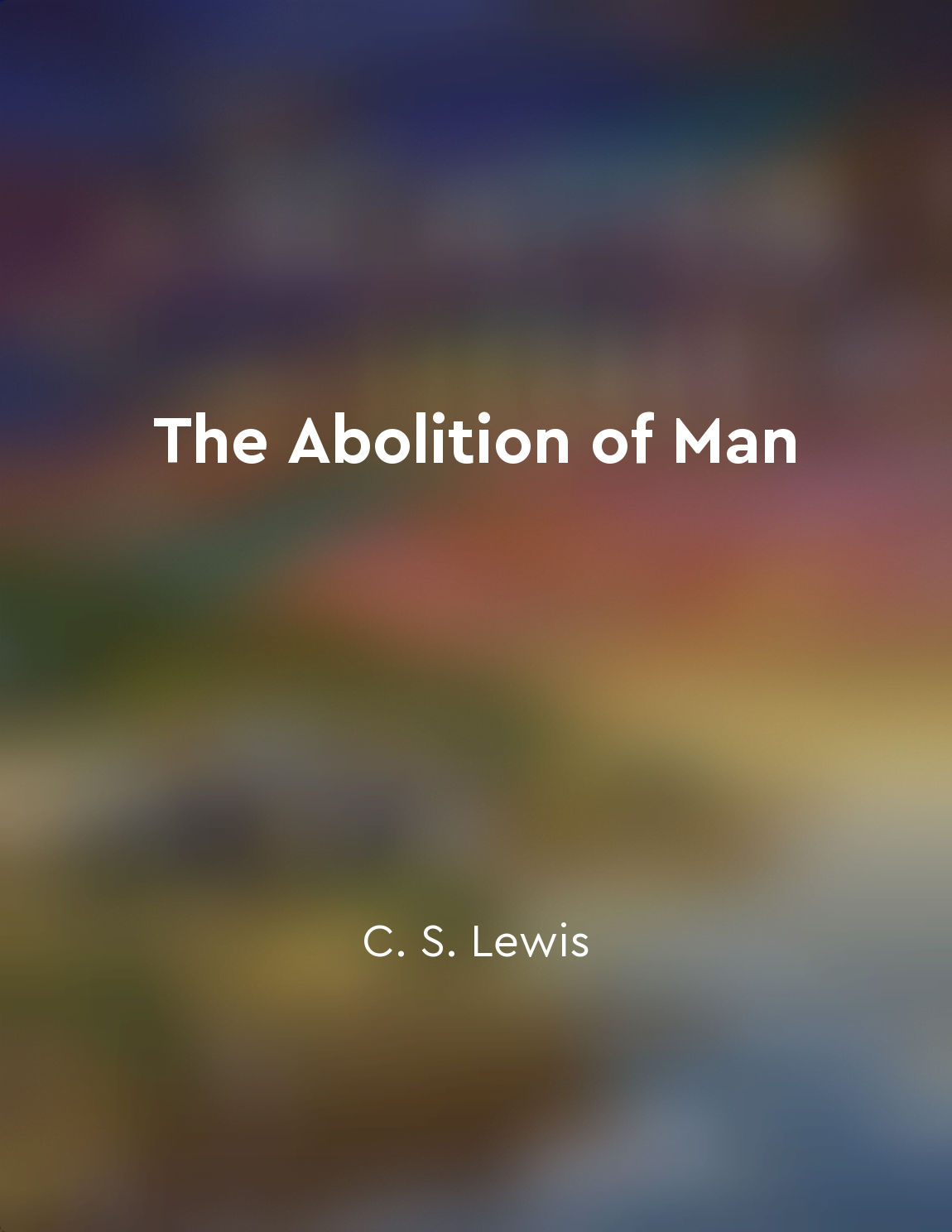Moral obligations are rooted in rational principles that can be universally applied from "summary" of Groundwork for the Metaphysics of Morals by Immanuel Kant
In moral philosophy, it is essential to establish a solid foundation for our moral obligations. These obligations cannot be based on mere emotions or desires, as these are subjective and can vary from person to person. Instead, moral obligations must be grounded in rational principles that are universally applicable. This means that the reasons for our moral duties must be based on logic and reason, rather than on personal inclinations. According to Immanuel Kant, a renowned philosopher, morality is not about following a set of rules dictated by external authorities. Instead, moral principles should be derived from practical reason, which is the faculty that allows us to make rational decisions based on universal laws. In other words, our moral obligations should be determined by the application of reason to our actions, rather than by external factors. Kant argues that moral duties are categorical imperatives, which are commands that apply universally to all rational beings. These imperatives are not dependent on our desires or emotions, but are based on the inherent value of rational beings as ends in themselves. Therefore, we have a moral duty to treat others with respect and dignity, regardless of our personal feelings towards them. Furthermore, Kant emphasizes the importance of consistency in moral reasoning. He introduces the concept of the "kingdom of ends," where rational beings are both legislators and subjects of moral laws. This means that we should act in a way that we would want all rational beings to act, creating a community of individuals who respect each other's autonomy and dignity.- Kant's moral philosophy is based on the idea that moral obligations are rooted in rational principles that can be universally applied. By appealing to practical reason and the inherent value of rational beings, we can derive moral duties that are objective and binding on all individuals. This approach provides a solid foundation for ethics and helps us navigate the complexities of moral decision-making in a rational and consistent manner.
Similar Posts

The power of reason can liberate individuals from religious tyranny
Reason is a powerful tool that can free individuals from the chains of religious tyranny. It allows us to question and challeng...
Belief in God can lead to a deeper appreciation of life's intricacies
Francis Collins, a renowned geneticist, believes that a belief in God can open up a whole new world of wonder and appreciation ...
Ideas come from impressions
Ideas are the faint images of our thinking and reasoning. They are derived from our impressions, which are more lively percepti...

Cognitive ease influences perception and judgment
When we are in a state of cognitive ease, everything seems to flow effortlessly. Our thoughts are clear, our judgments are quic...
Ontological argument asserts God's existence
The ontological argument is an attempt to prove the existence of God based solely on the concept or idea of God. It argues that...
Social contract
The concept of the social contract is at the heart of political philosophy, providing a theoretical framework for understanding...
Morality as a system of principles
Morality can be understood as a system of principles that guides our actions and decisions. These principles serve as the found...

The importance of objective values in shaping society
In the modern world, there is a disturbing trend towards subjectivism, where individuals are encouraged to believe that values ...

Human existence is marked by a perpetual search for meaning and purpose
Throughout these writings, it becomes clear that human beings are constantly seeking to find meaning and purpose in their lives...
Existential questions drive philosophical inquiry
Existential questions, those probing queries about the nature of existence and the meaning of life, serve as the fuel that prop...

